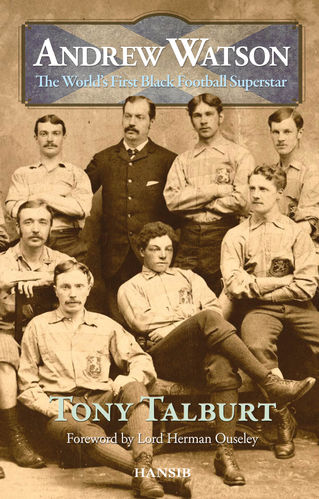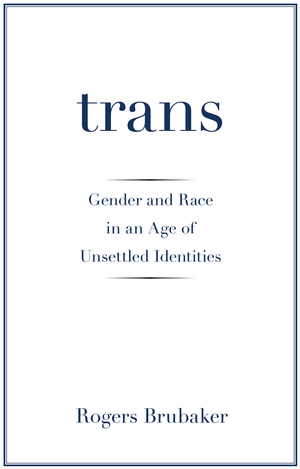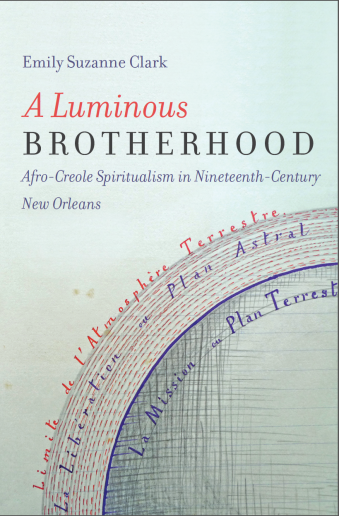Géneros de Gente in Early Colonial Mexico: Defining Racial DifferencePosted in Books, Caribbean/Latin America, History, Law, Media Archive, Mexico, Monographs on 2016-10-22 20:04Z by Steven |
Géneros de Gente in Early Colonial Mexico: Defining Racial Difference
University of Oklahoma Press
2016-10-20
304 pages
Illustrations: 3 b&w illus., 2 maps, 18 tables
6″ x 9″
Hardcover ISBN: 9780806154879
Robert C. Schwaller, Assistant Professor of History
University of Kansas, Lawrence
On December 19, 1554, the members of Tenochtitlan’s indigenous cabildo, or city council, petitioned Emperor Charles V of Spain for administrative changes “to save us from any Spaniard, mestizo, black, or mulato afflicting us in the marketplace, on the roads, in the canal, or in our homes.” Within thirty years of the conquest, the presence of these groups in New Spain was large enough to threaten the social, economic, and cultural order of the indigenous elite. In Géneros de Gente in Early Colonial Mexico, an ambitious rereading of colonial history, Robert C. Schwaller proposes using the Spanish term géneros de gente (types or categories of people) as part of a more nuanced perspective on what these categories of difference meant and how they evolved. His work revises our understanding of racial hierarchy in Mexico, the repercussions of which reach into the present.
Schwaller traces the connections between medieval Iberian ideas of difference and the unique societies forged in the Americas. He analyzes the ideological and legal development of géneros de gente into a system that began to resemble modern notions of race. He then examines the lives of early colonial mestizos and mulatos to show how individuals of mixed ancestry experienced the colonial order. By pairing an analysis of legal codes with a social history of mixed-race individuals, his work reveals the disjunction between the establishment of a common colonial language of what would become race and the ability of the colonial Spanish state to enforce such distinctions. Even as the colonial order established a system of governance that entrenched racial differences, colonial subjects continued to mediate their racial identities through social networks, cultural affinities, occupation, and residence.
Presenting a more complex picture of the ways difference came to be defined in colonial Mexico, this book exposes important tensions within Spanish colonialism and the developing social order. It affords a significant new view of the development and social experience of race—in early colonial Mexico and afterward.








